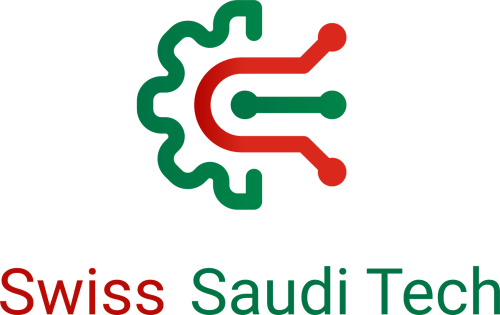Optimizing Business Operations through Advanced Technology
The Foundation of Smart Building Technology
In the evolving landscape of industrial technology, Smart Building Technology in Saudi Arabia has emerged as a cornerstone for enhancing operational efficiency and sustainability. Integrating IoT, AI, and Blockchain, these technologies offer real-time data analytics, leading to more informed decision making and significantly improved building management. Such innovations are not only optimizing energy use but also setting new standards for operational efficiency across multiple sectors within the Kingdom.
Enhancing Energy Efficiency and Sustainability
Central to the value proposition of Smart Building Technology in Saudi Arabia is its ability to dramatically enhance energy efficiency. By utilizing advanced sensors and AI-driven analytics, buildings can now operate more efficiently, reducing energy consumption and costs. This technology allows for precise control of heating, ventilation, and air conditioning systems (HVAC), lighting, and other critical infrastructural elements based on real-time environmental and occupancy data, which supports Saudi Arabia’s Vision 2030 sustainability goals.
Revolutionizing Facility Management with AI and IoT
AI and IoT are revolutionizing facility management in Saudi Arabia by enabling predictive maintenance and smarter resource management. Predictive analytics can forecast potential maintenance issues before they occur, reducing downtime and repair costs. Simultaneously, IoT devices facilitate unparalleled control and monitoring capabilities, from security systems to environmental conditions, ensuring optimal operational conditions and enhancing safety throughout the premises.
Blockchain for Secure and Transparent Operations
Blockchain technology is being adopted in Smart Building Technology in Saudi Arabia to add a layer of security and transparency to operations. This innovative approach ensures that all transactions and data exchanges within the building management systems are immutable and traceable, which is crucial in sensitive environments. Blockchain’s application extends to various aspects including vendor management, supply chain logistics, and compliance tracking, making it an invaluable tool for robust and secure operational frameworks.
Driving Business Success Through Integrated Systems
The integration of smart building technologies into business operations drives substantial economic benefits. Improved efficiency and reduced operational costs directly impact the bottom line, while enhanced data collection and analytics capabilities allow for better strategic planning and risk management. These integrated systems not only improve the day-to-day operations but also provide a competitive edge in the rapidly advancing technological landscape of Saudi Arabia.
Future Trends in Smart Building Operations
Looking forward, the trajectory for Smart Building Technology in Saudi Arabia points to even greater integration of AI and IoT within all aspects of building management. The future of smart buildings in Saudi Arabia includes the development of AI that can autonomously adjust settings for maximum efficiency and comfort, and IoT devices that can communicate seamlessly with each other to further enhance operational efficiency. These advancements promise to usher in a new era of innovation and operational excellence in Saudi business infrastructure.
Optimizing Asset Utilization through Smart Technology
Smart building technologies are pivotal in optimizing asset utilization across various industries in Saudi Arabia. By leveraging real-time data, companies can maximize the usage of their assets, ensuring that no resources are wasted. This not only contributes to cost savings but also aligns with global sustainability practices, reinforcing Saudi Arabia’s commitment to environmental stewardship.
Challenges in Implementing Smart Building Technologies
While the benefits of adopting smart building technologies are clear, several challenges remain in widespread implementation. These include the need for substantial upfront investment, the complexity of integrating new systems with existing infrastructure, and the ongoing requirement for staff training and development. Addressing these challenges is essential for businesses to fully capitalize on the potential of smart building technologies.
Leadership and Change Management in Smart Building Integration
Effective leadership and proactive change management are essential for the successful integration of smart building technologies. Leaders must ensure that their teams are well-prepared to manage the changes brought about by new technologies, from technical training to adjustments in operational procedures. This leadership is crucial in fostering an organizational culture that embraces innovation and continuous improvement in the face of technological advancements.
#SmartBuildingTech #DataDrivenKSA #IoT #AI #Blockchain #SaudiVision2030 #EnergyEfficiency #OperationalExcellence #KSAInnovation #SmartInfrastructure











